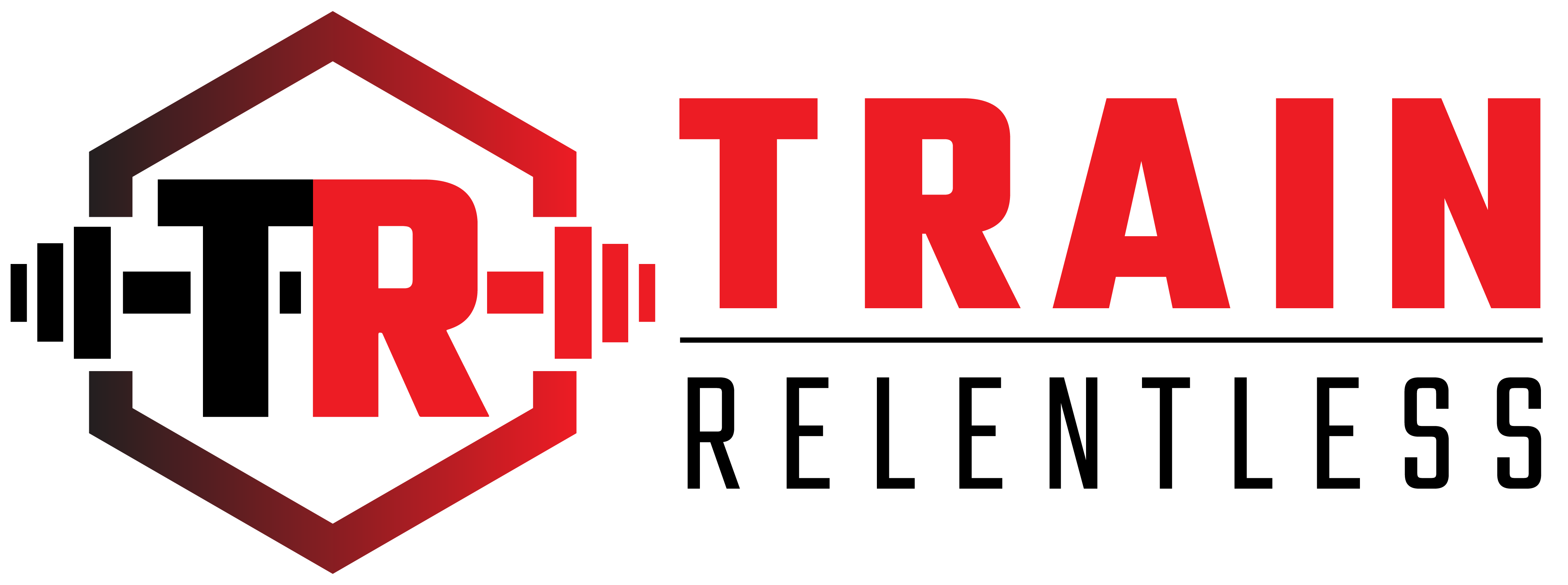For active individuals, having enough protein throughout the entire day matters. So what makes protein so important? Protein breaks down into amino acids. And these amino acids repair muscles and do so much more for our daily functions.
When it comes to amino acids, the body can produce 11 of them. As for the other 9 amino acids, these are amino acids that will come from food.
For athletes and anyone living an active lifestyle, it is crucial to meet your protein requirements. Also, you will need to know red flags that you are not getting enough. Below are some of the most common signs that you are not getting enough protein in your diet.
You don’t feel full
Ever feel that you get hungry when it’s not yet your usual mealtime? There’s a chance that you are not getting enough protein in your meals. Protein is known for being more satisfying compared to let’s say carbohydrates.
In a study, it’s been discovered that taking high protein meals can stimulate the secretion of satiety hormones like PYY and GLP-1. These are hormones that will signal the body that you are still full.
It also means that if you’re planning to cut on your calories to lose weight, might as well increase or maintain your high protein intake.
You will need more days to recover
Another tell-tale sign that you are not getting enough protein is the fact that you don’t get to recover fast enough from your physical activities. You may start to notice how your body still feels a bit stiff even if you’re supposedly well-rested.
You often hear bodybuilders that you should be getting whey protein powders after your workouts to lessen the soreness that you feel the following day. Though this claim is somewhat anecdotal or even purely psychological, there is no denying that protein readily available after your workout comes with anabolic effects.
There is also a study that discovered older individuals who suffered from hip fractures recover faster when they tool protein-rich meals.
Greater risk of fractures
An underrated side effect of protein deficiency is that you are more prone to having fractures. And it’s not exactly puzzling why. Your muscles and bones go hand in hand in allowing the body to move. In a study conducted on postmenopausal women, a high protein intake can lower the risk of hip fractures.
You get sick often
Do you usually feel sick? Maybe, you constantly catch the flu. This could mean that you have a poor immune system. Protein is known to help the body fight infection. For instance, the body’s immune system is made of proteins.
You don’t think straight
Ever feel that you are having brain fog whenever you are working? Some people think that it’s just the lack of sleep or coffee. Sometimes, it’s a drawback of feeling fatigued because your body lacks the necessary protein to recover.
One of the reasons why it is difficult to focus if you don’t have enough protein is because amino acids are the building blocks of your neurotransmitters. It is also the reason why your mood and sleep are even affected when you don’t have enough protein in your system.
Hard to get rid of body fats
Since protein is responsible for building muscles, those who don’t eat enough protein also usually have a sluggish metabolism. Why so?
Without protein, you don’t get to build your muscle and therefore you also don’t get to optimize your body’s metabolism. This makes it difficult for people to lose weight if they don’t eat enough protein.
Keep in mind that metabolically, muscle burns more calories than fats. The more muscles you have, the higher your energy expenditure.
Hair loss
It is also common for people who don’t eat enough protein to have unhealthy-looking skin and suffer from hair loss. Take enough protein and you’ll notice how your skin will look healthier and you might even notice less hair loss. Your integumentary system is usually the first thing that you will notice if you don’t get enough protein.
How much protein is enough?
Now that you know what happens when you don’t have enough protein in your diet, it’s also a good idea to find out how much protein is enough for an individual.
If you’re lifting weights regularly or running, you can maintain your body’s muscle mass if you take 1.2 to 1.7 grams of protein per kilogram of your body weight per day. That’s approximately 0.5-0.8 grams of protein per body weight in pounds. As a rule of thumb, the more strenuous the activity, the more protein that you should eat.
What if you have plans of building muscle mass? That’s when you will have to take at least 1 gram of protein per body weight in pounds. If you’re older, you might need to double your protein intake.
Final Thoughts
It is important to have enough protein throughout the day. For those who are active, the more that you should be conscious of how much protein you are eating. It might feel like it’s difficult to meet your protein requirement by eating foods. What you can do is also mix protein supplements. This way, you don’t go over your desired caloric requirement just to get your protein intake up.
